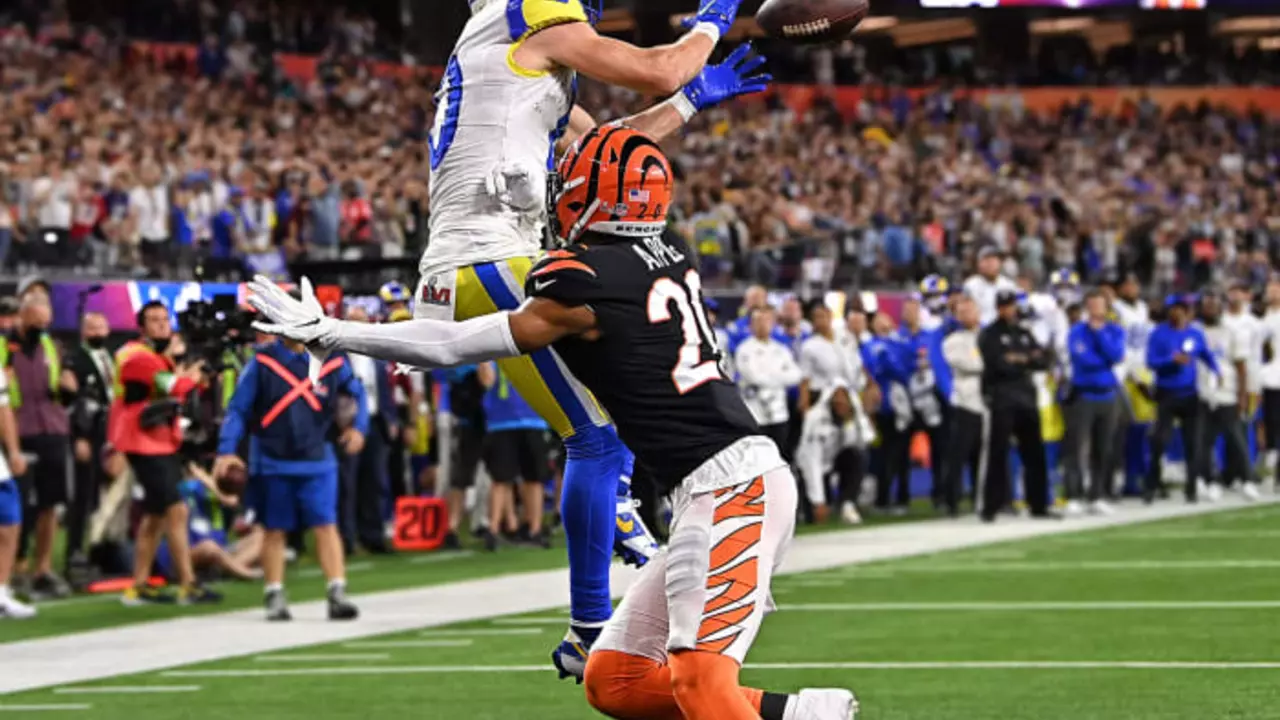Criticism in Sports: Why Talk Matters
Ever wonder why fans love to argue about a missed goal or a coach's decision? That’s criticism at work. It’s not just complaining – it’s a way to push athletes, teams, and leagues to get better. In this page we’ll break down what criticism looks like in the sports world, why it matters, and how you can join the conversation without turning it into a shouting match.
What Counts as Sports Criticism?
Criticism shows up in three main places: social media posts, sports columns, and in‑game commentary. A tweet that says "Lozano needs to work on his fitness" is a quick snapshot of fan feedback. A newspaper column that dissects a coach’s strategy is deeper analysis. And a TV analyst pointing out a defensive lapse is live‑game critique. All three share a goal – they highlight something that can be improved.
Even the best players feel the sting of criticism. When Xander Schauffele won the 2024 PGA Championship, pundits still talked about his putting consistency. The message is clear: winning doesn’t make a player immune to feedback. Instead, it sparks the next round of training and strategy.
Why Criticism Helps the Game
First, criticism shines a light on weak spots. If a team keeps losing in the fourth quarter, pointing that out forces coaches to look at stamina or play‑calling. Second, it creates a dialogue between fans and the sport. When fans talk about expanding the college football playoff, the league hears the demand and may consider changes. Third, criticism fuels competition. Players who hear "you need to be faster" often train harder, raising the overall level of play.
But criticism works best when it’s constructive. Throwing out random insults about a player’s jersey won’t improve anything. A helpful critique follows a simple pattern: Identify the specific issue, explain why it matters, and suggest a realistic fix. For example, "Clemson’s defense gave up too many short passes; they should tighten their coverage on the flats for the next game." This approach keeps the conversation focused and respectful.
From a city perspective, criticism isn’t limited to the field. Fans often critique public sports facilities, like a stadium’s parking or a city’s bike lanes for cyclists attending games. Those critiques can lead to better infrastructure, safer routes, and a smoother fan experience.
So, how can you add your voice? Start by watching a game, then jot down one thing that worked and one thing that didn’t. Share it on a platform where other fans discuss the same sport. Listen to their replies – you might learn a new angle you missed. Remember, the goal isn’t to win an argument; it’s to help the sport grow.
In short, criticism is the engine that keeps sports moving forward. It spotlights flaws, sparks dialogue, and pushes everyone to up their game. Next time you’re watching a match, don’t just cheer – think about what could be better, and share that insight. Your thoughtful feedback could be the catalyst for the next big improvement.

Is the Super Bowl overrated?
In my latest blog post, I dive into the debate around whether the Super Bowl is overrated. As a long-standing tradition in the US, it's undeniably a cultural phenomenon, but some argue that the hype surpasses the game itself. Critics point to the over-commercialization, high ticket prices, and often lackluster halftime shows as signs of its overrated status. However, for many, the camaraderie, excitement of the game, and the thrill of the unexpected make the Super Bowl a must-see event. It's a divisive topic, and whether it's overrated or not may depend on individual perspectives.